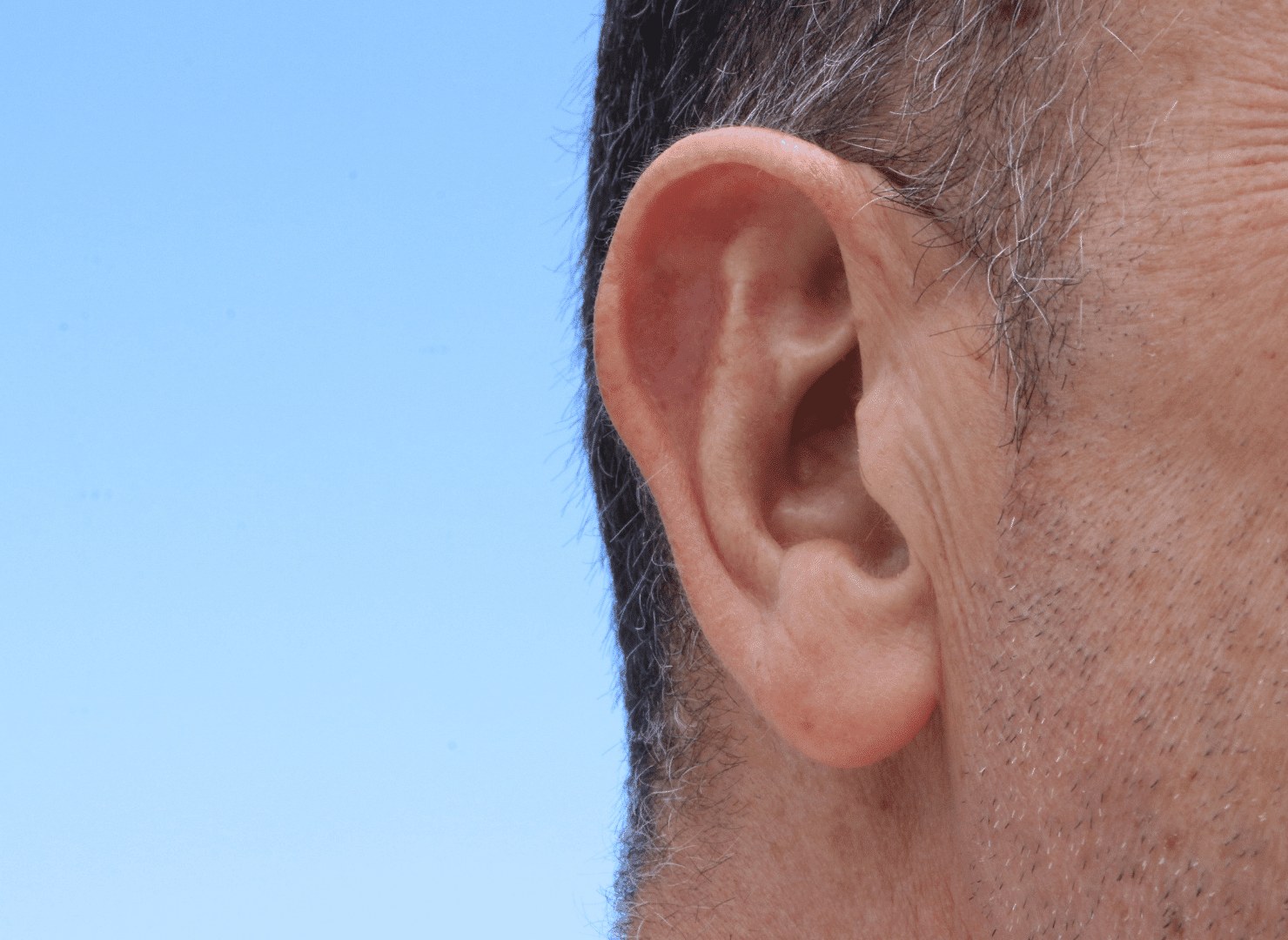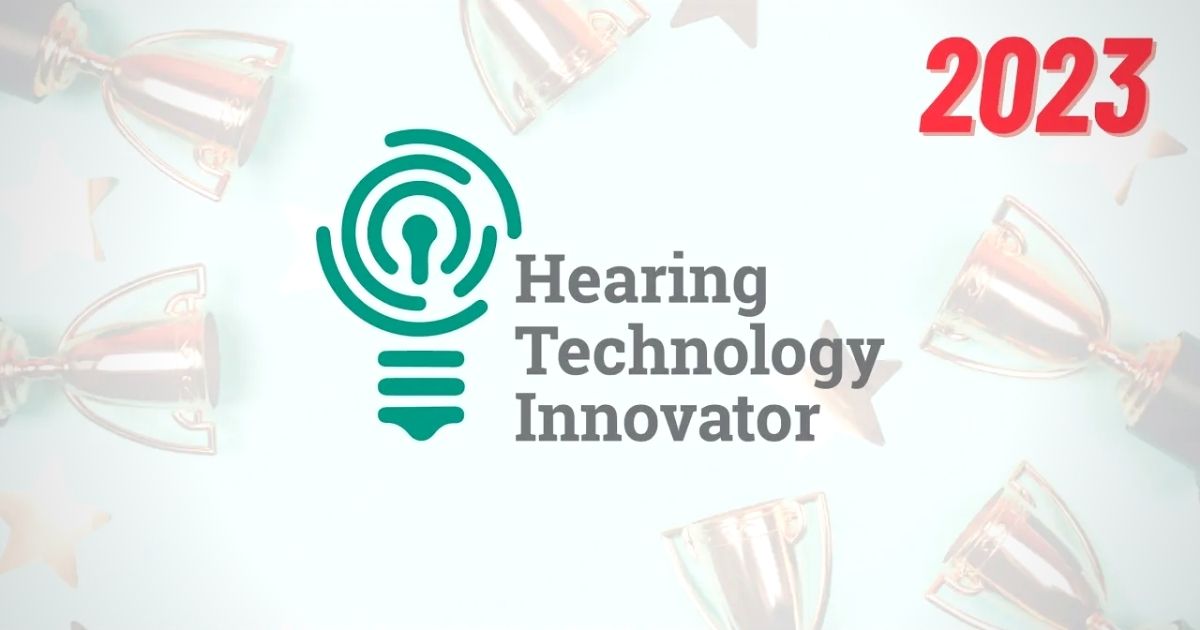
It’s Election Day and it’s time to hit the polls! We know you don’t typically associate politics with hearing loss, but you may be surprised that these subjects are related. Before you go to cast your vote, read on to learn more.
Hearing Aids and Obamacare
As you probably know, Obamacare does not require the federal government to cover hearing aids. (They’re considered “elective,” like corrective eye surgery, or a facelift.) Still, some insurance plans cover a portion of hearing aid costs. Check with your insurance provider to find out about your case-specific situation on hearing aid coverage. You may be eligible to get money back after you purchase
hearing aids.
If you happen to have a used pair of hearing aids that are not in use, you may be able to help out someone who can't afford hearing aids. We've partnered with Hearing Charities of America to collect
used hearing aids to refurbish for low income individuals.
Hearing Aids and… Voting?
You bet! People with hearing loss have quite the hook-up when it comes to voting day. A simple online search will show the voter guides for different states and polling stations, which provide specific instructions for the hard-of-hearing. Hawaii, for instance, claims that “each polling place will be equipped with an Auxiliary Aids kit with tools to assist voters, such as magnifiers, signature guides, and communication cards for voters who are Deaf or hard of hearing.” Meanwhile, Minnesota provides information on television and phone access for hearing impaired voters for submitting absentee or mail ballots-- they are even accommodating for voters outside of the polling place!
Lots of these accommodations were a result of the Help America Vote Act of 2002, sometimes referred to as HAVA. The HAVA, sought to make voting easy and accessible for all Americans, regardless of physical disability, hearing or visual impairments, or any other condition potentially acting as a hindrance to participating in an election. By providing election assistance to these groups, voting is made possible.
Hearing Loss and Politicians
Not just hearing loss and politicians, but rather hearing loss in politicians. You’d be surprised how many of our current and former US politicians have experienced hearing loss! The first who comes to mind is former President Bill Clinton. Some say his somewhat premature hearing loss was brought on by multitudes of saxophone playing, but it very well could’ve been the screaming crowds! Nonetheless, he got hearing aids during his second term in the White House.
How about a little more local? It seems that back in 2010, former New York City Mayor Michael Bloomberg was spotted sporting
hearing aids just around Valentine’s Day, but soon thereafter was seen without them. We know better than anyone, Mr. Bloomberg, that it takes the average person with hearing loss seven years to finally decide to get a hearing aid-- we get it!
All in all, politics and hearing aids are certainly interrelated in a variety of ways. Always remember to wear your
hearing aid, and more importantly, to get out and vote!
by Andrea Zielinski
 It’s Election Day and it’s time to hit the polls! We know you don’t typically associate politics with hearing loss, but you may be surprised that these subjects are related. Before you go to cast your vote, read on to learn more.
It’s Election Day and it’s time to hit the polls! We know you don’t typically associate politics with hearing loss, but you may be surprised that these subjects are related. Before you go to cast your vote, read on to learn more.
 It’s Election Day and it’s time to hit the polls! We know you don’t typically associate politics with hearing loss, but you may be surprised that these subjects are related. Before you go to cast your vote, read on to learn more.
It’s Election Day and it’s time to hit the polls! We know you don’t typically associate politics with hearing loss, but you may be surprised that these subjects are related. Before you go to cast your vote, read on to learn more.




